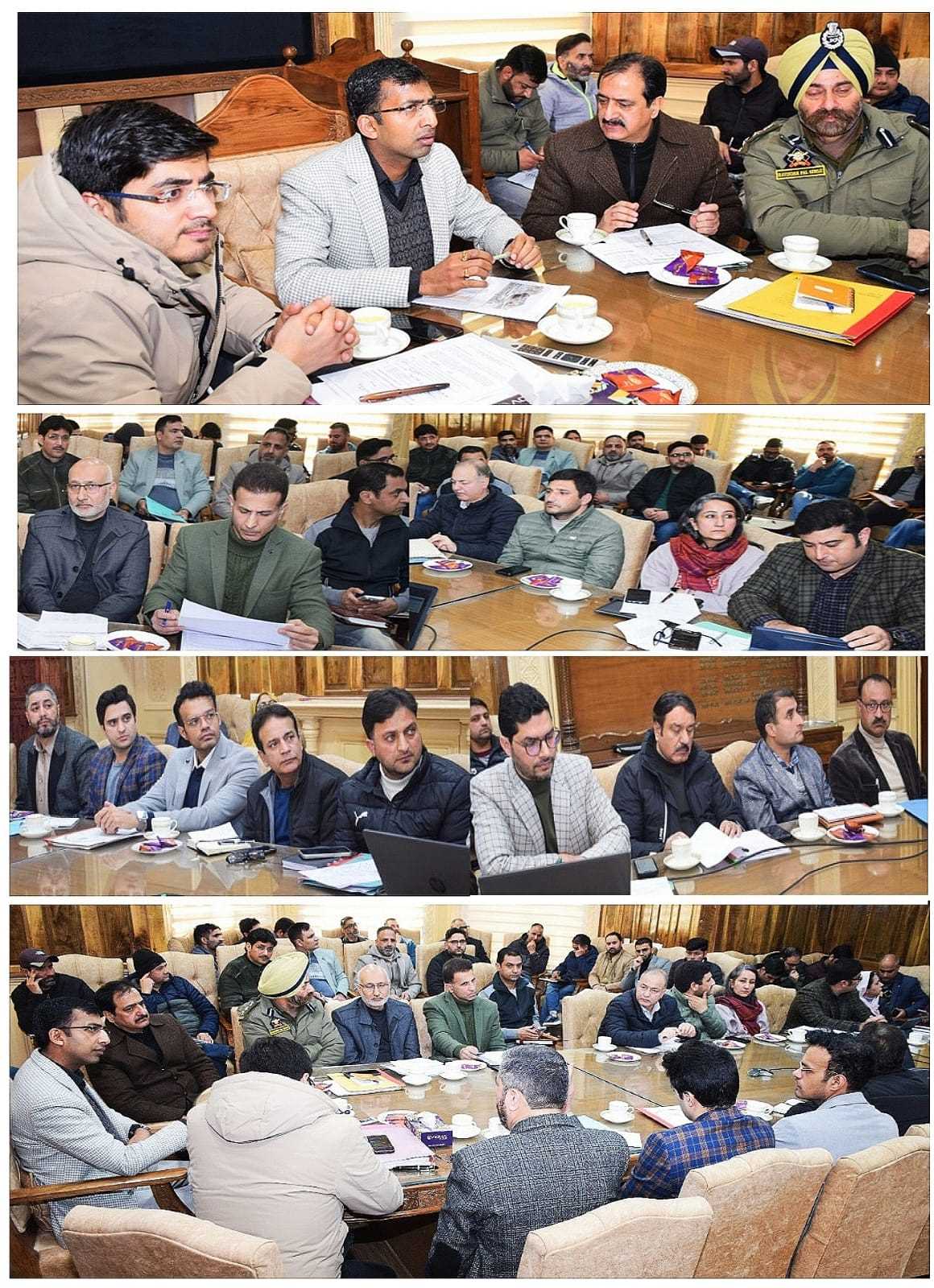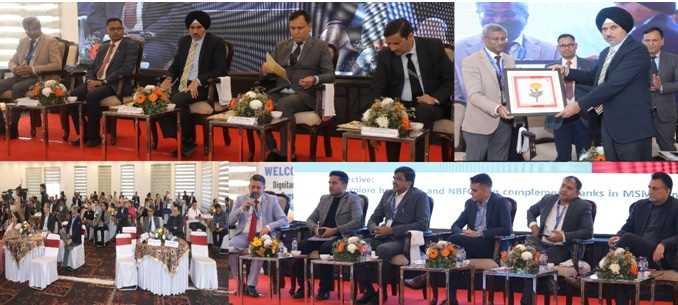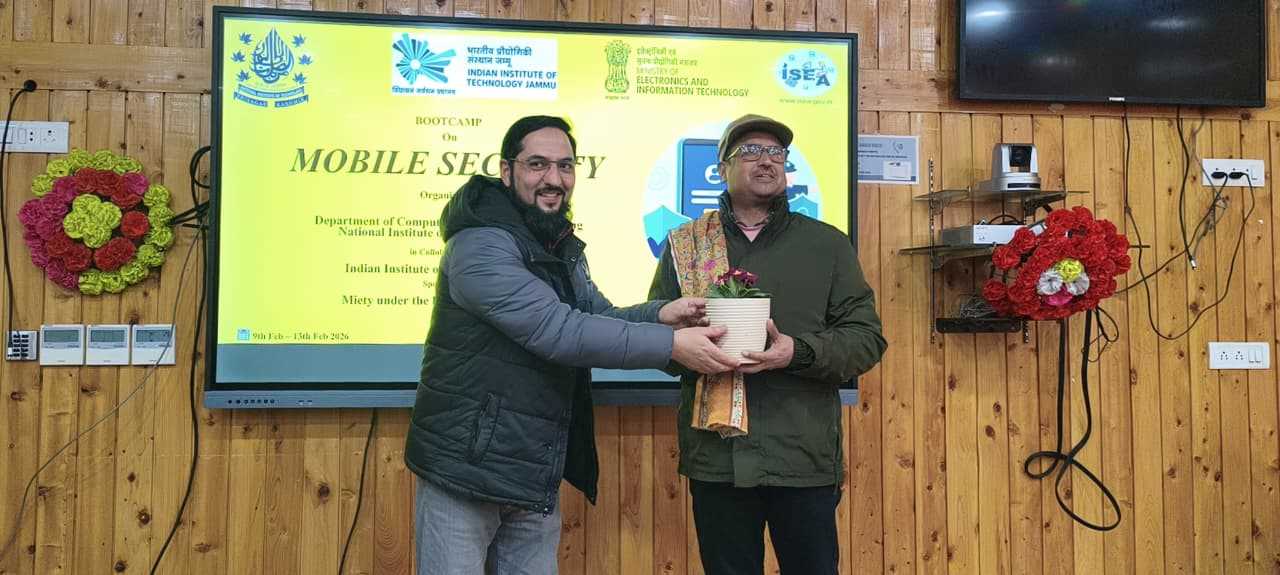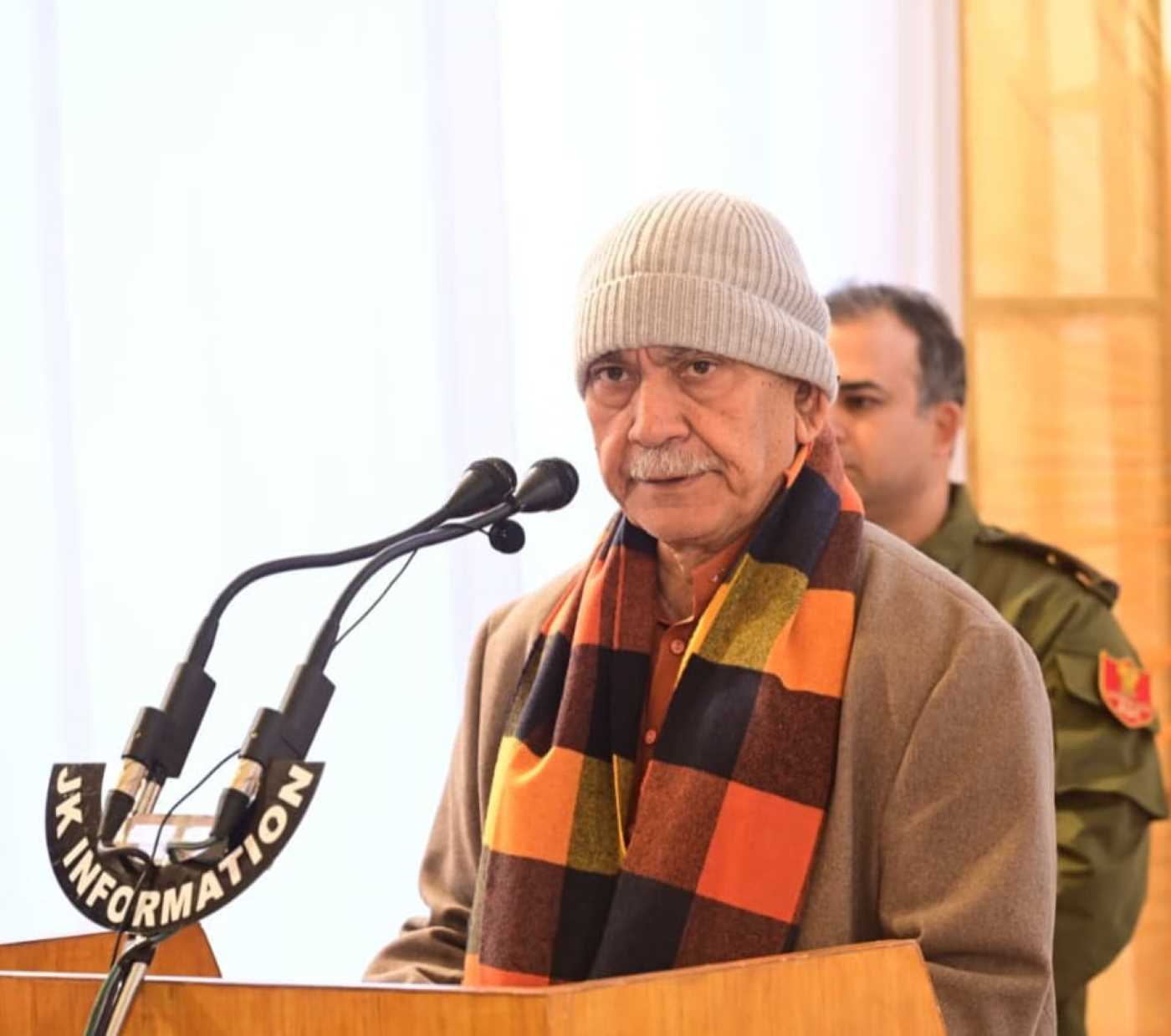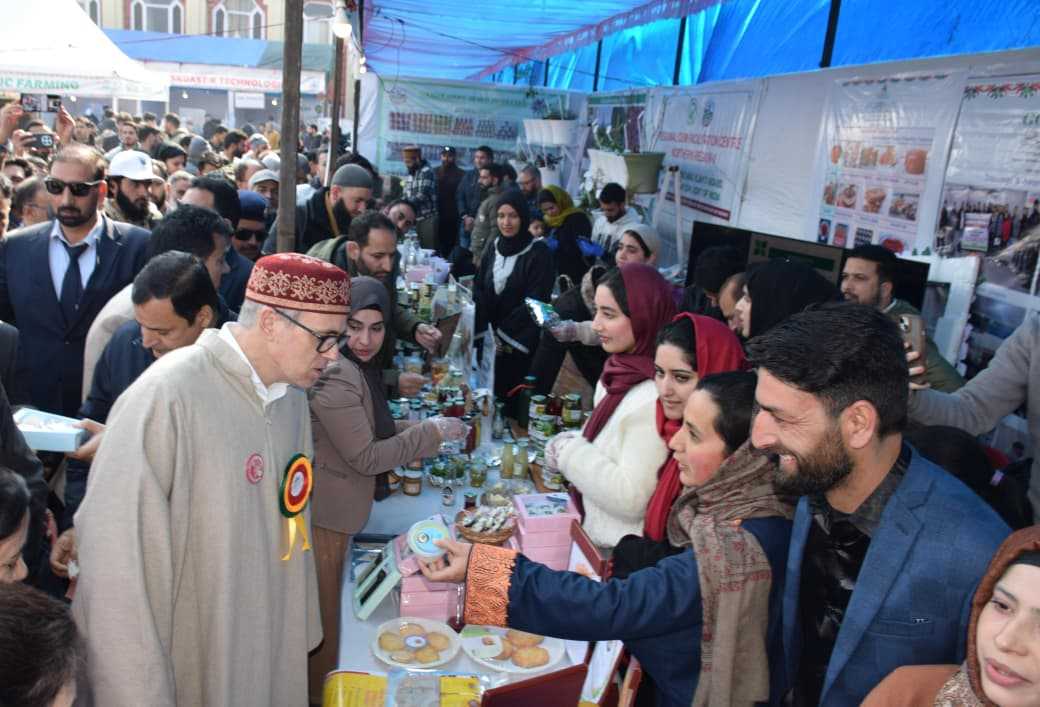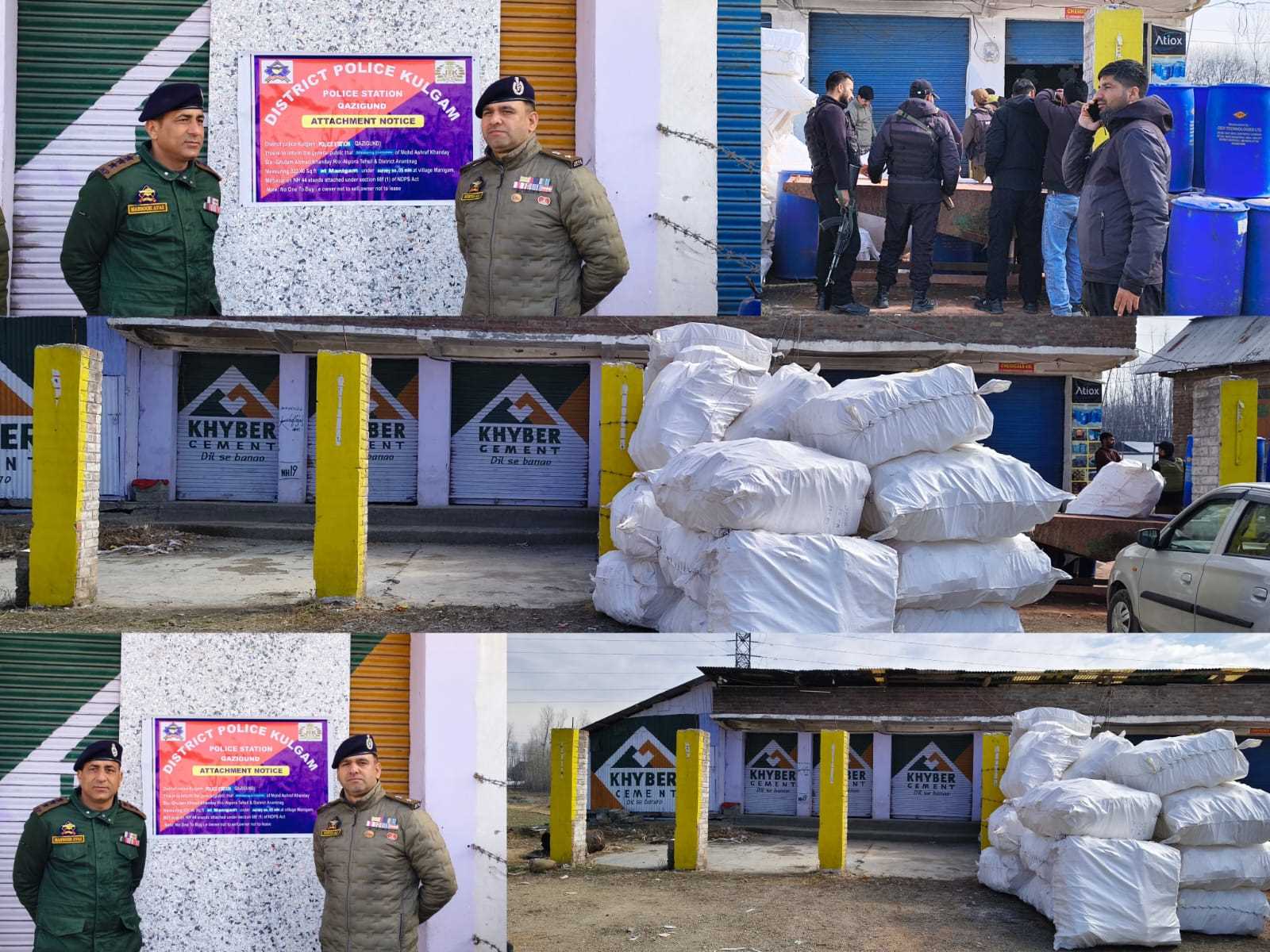As India prepares for another round of Panchayati Raj elections, the national spotlight rarely touches the dusty trails of Uttarakhand’s remote villages. There are no campaign vans, no primetime debates, no television crews. Just faded chappals, creased voter slips, and countless silent struggles waiting to be heard.
In villages like Halduchaud, Chaukhuta, and Bhimtal, people don’t vote for ideology—they vote to survive.
“We don’t care if it’s Congress, BJP, or an independent,” says Kamla Devi, 50, from a forest-edge hamlet near Halduchaud. “We just want someone who will get our hand pump working.”
These elections do more than choose local leaders—they expose the rural crisis in stark detail. From poverty and migration to caste divides and gendered powerlessness, each vote tells a story that seldom makes headlines.
What Democracy Looks Like in a Forgotten Village
In a hill-facing settlement near Ranibagh and Bhimtal, half the homes are still without electricity. Women walk nearly a kilometre daily for water. The local school has two teachers for 97 students. The road promised ten years ago still ends in mud and broken stones.
Every five years, banners go up. Slogans fill the air. Then comes the silence.
“Elections come like a storm, and then the storm disappears,” says Mohan Singh, 62, a farmer. “We’re left with the dust.”
The Panchayat system, in theory, empowers villages to steer their own development. But in practice, it often empowers political proxies and local strongmen to gatekeep state resources.
Schemes like MNREGA, the Pradhan Mantri Awas Yojana, and Swachh Bharat are meant to uplift lives. But in many villages, they’re stalled by corruption, delayed execution, and quiet discrimination.
Migration and the Missing Voter
One of Uttarakhand’s most visible problems is what’s not visible: its youth.
Across the hills, voter rolls remain full—but the youth listed are living in Delhi, Mumbai, Chandigarh, or the Gulf. Migration has emptied the villages and hollowed the meaning of local elections.
“What can I do here?” asks 22-year-old Sonu Rawat, home for two days to vote. “No jobs, no college, no future. We come back only when someone dies—or for elections.”
His brother didn’t return. “What’s the point?” he says.
With empty homes, ghost schools, and abandoned farms, entire regions are fading. And no party manifesto speaks of how to bring the youth back—or whether they’d want to return at all.
Women Vote. But Do They Rule?
On paper, women are the foundation of Panchayati Raj. A third of seats are reserved for them. In Uttarakhand, many Gram Pradhans are women—at least on record.
But how many actually hold power?
Take Anita Devi, from a village near Haldwani. Her name is on the ballot. Her husband leads the campaign. Her brother-in-law sits in meetings. She signs the papers—but doesn’t read them.
“I don’t understand these files,” she says softly. “My husband tells me where to sign.”
She is a ‘proxy pradhan’—elected in name, ruled by a man behind the scenes.
But change is stirring. Like 24-year-old Preeti Bisht, who is contesting independently. Educated and assertive, she campaigns on menstrual health, toilets, and internet access for girls.
“I won’t ask for votes in my husband’s name,” she tells a gathering of SHG women. “I ask as a woman who knows your pain.”
For every proxy, a rebel is rising.
Caste and Silence: Who Gets to Lead?
Uttarakhand may appear tranquil, but caste divides run deep—especially during elections.
Seats reserved for SCs and STs are often ignored or boycotted. In some blocks, upper-caste voters threaten to choose NOTA over backing a Dalit candidate.
“They told me to step down,” says Ramesh, a Dalit candidate in Nainital. “But why? I belong here. I’ve worked hard, studied, served.”
At rallies, Dalit candidates are seated apart. At homes, their flyers are torn and tossed.
Progress is being made—but it’s painfully slow.
Alcohol, Bribes, and the Price of a Vote
In the days before elections, alcohol sales spike in Uttarakhand’s rural pockets. Bottles flow more freely than promises.
“We got two bottles and ₹500 for our family,” admits a man in Chaukhuta. “We’ll still vote as we want—but it helps.”
Though officials deny widespread fraud, vote-buying is an open secret. Clean candidates—who refuse bribes or liquor—often lose.
“I told them—no money, no alcohol, only work,” says independent candidate Shalini Rawat, 30. “They laughed. But I keep going. Because if no one tries, nothing changes.”
The Youth Want More Than Speeches
In Halduchaud, under a neem tree, college students gather—not to chant slogans, but to talk about digital access, internships, skill centres, and libraries.
“We don’t need a Pradhan who builds a statue,” says Manjeet, 21. “We need one who builds a future.”
But many candidates are older men with no digital vision. While voters look toward 2050, the Panchayat system remains stuck in the 1990s.
What the Panchayat Really Controls
Despite its flaws, the Gram Panchayat wields enormous power. A dedicated Pradhan can:
Build toilets in every home
Create jobs through MNREGA
Ensure clean water and working hand pumps
Improve Anganwadi centres and mid-day meals
Bring funds for rural roads
Enable transparency through regular gram sabhas
But in many places, there are no audits. Files vanish. Roads are sanctioned but never built.
“Our road was approved last year,” says a villager in Motinagar. “The money came. But it’s still a muddy track. Where did it go?”
No one knows. And no one investigates.
This time, voters are demanding digital tracking of funds and social audits of Panchayat spending.
Panchayat Elections: A Mirror to the Nation
What happens in a Panchayat doesn’t stay in the village. It reflects the state of the nation.
The anger at corruption. The clash between old and new. The hope that someone, finally, will listen.
If democracy breathes in these villages—through participation, accountability, and youth leadership—it can thrive across India.
But if rural voters remain ignored, no urban scheme will fix the soul of this country.
Conclusion: Beyond the Ballot
As the sun rises on July 28, the people of Uttarakhand’s silent valleys will walk to vote. Not in crowds—but in quiet courage.
They carry more than a ballot—they carry their anger, dreams, memories, and hope.
Panchayat elections may seem small. But they are the bedrock of Indian democracy.
Until rural India is truly heard, India will remain incomplete.
“We live in the shadows,” says 70-year-old Basanti Devi. “But tomorrow, for one day—we matter.”
Email:---------------------------swatidumka620@gmail.com



